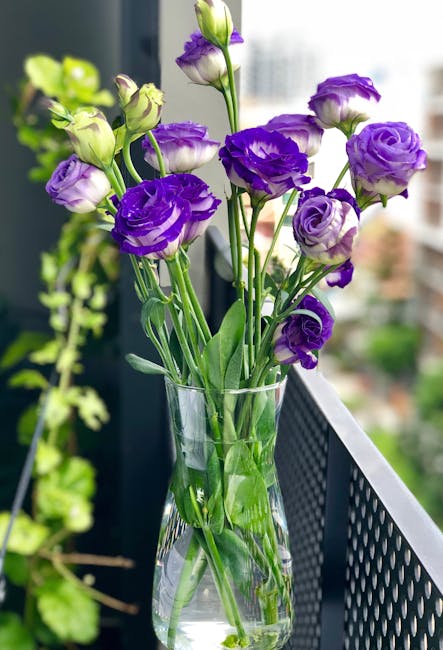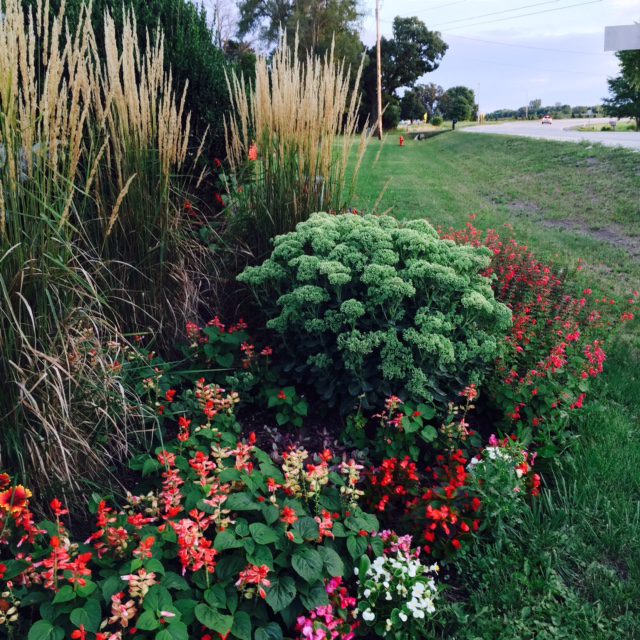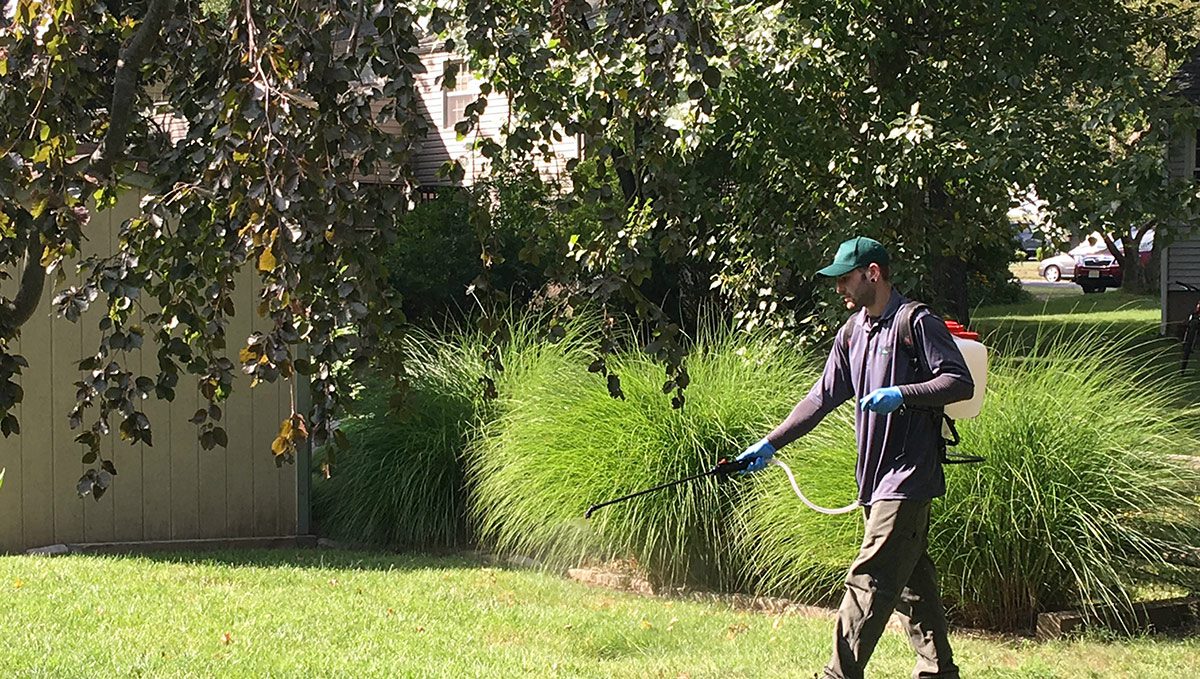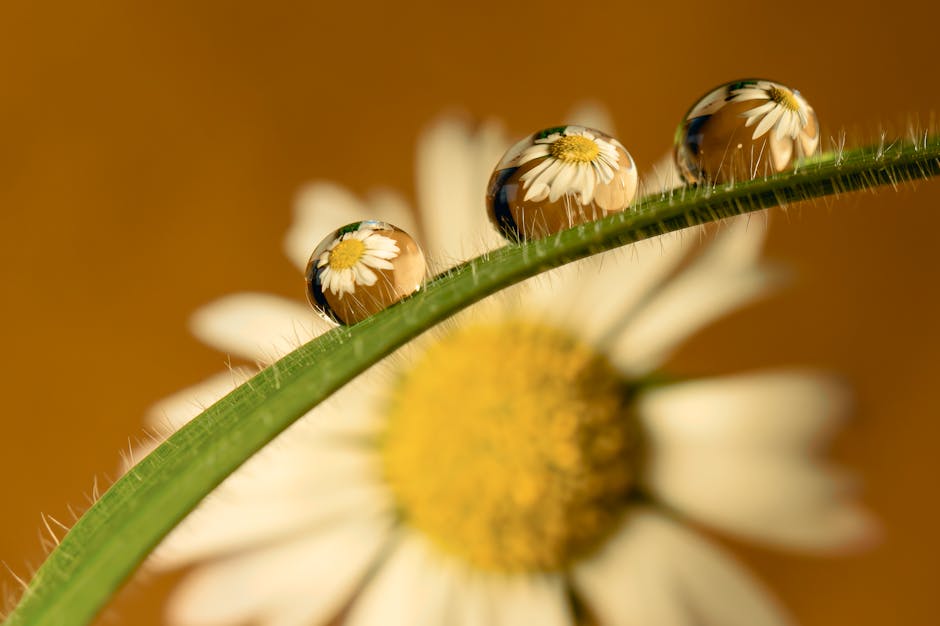Spring has sprung, and it’s time to dust off those gardening gloves and get your hands dirty! But before you start planting those beautiful blooms and delicious veggies, it’s important to remember that pesky pests will be lurking in the shadows, ready to munch on your hard work. Instead of reaching for harmful chemicals that could harm our environment and ourselves, why not try some green thumb goodness with organic pesticides? Let’s explore how you can spruce up your garden while keeping it healthy and blooming beautifully!
Table of Contents
- 1. Blooming Beauties: Transforming Your Garden with Organic Pesticides
- 2. Natural Nurturing: Embracing Eco-Friendly Solutions for a Lush Landscape
- 3. Green Thumb Goals: Elevating Your Garden Game with Non-Toxic Treatments
- 4. Buzzing with Life: Creating a Healthy Habitat with Organic Pest Control
- 5. Garden Glory: Harnessing the Power of Nature to Protect Your Plants
- Q and A

1. Blooming Beauties: Transforming Your Garden with Organic Pesticides
Are pesky pests wreaking havoc on your beautiful garden? Say goodbye to harmful chemicals and hello to natural solutions! Embrace the power of organic pesticides to protect your blooming beauties without harming the environment.
One of the best ways to ward off unwanted insects is by using natural repellents such as garlic spray, neem oil, and diatomaceous earth. These non-toxic alternatives not only keep pests at bay but also promote the health and vitality of your plants. Plus, they’re safe for beneficial insects like ladybugs and bees, ensuring a balanced ecosystem in your garden.
From aphids to caterpillars, there’s a natural solution for every pest problem. Embrace the wonders of organic gardening by incorporating companion plants that deter insects, such as marigolds, lavender, and basil. These fragrant additions not only add beauty to your garden but also act as a natural barrier against pests, creating a harmonious and thriving outdoor oasis.

2. Natural Nurturing: Embracing Eco-Friendly Solutions for a Lush Landscape
With the rising awareness of environmental conservation, it is now more important than ever to embrace eco-friendly solutions for a lush landscape. By incorporating natural nurturing practices into your gardening routine, you can create a beautiful and sustainable outdoor space that benefits both you and the planet.
Here are some tips to help you get started:
- Use organic fertilizers and pesticides to avoid harmful chemicals that can harm the environment.
- Plant native species that are well-suited to your climate and require less maintenance.
- Compost kitchen scraps and yard waste to create nutrient-rich soil for your plants.
By making small changes in your gardening practices, you can make a big impact on the health of your landscape and the world around you. Embracing eco-friendly solutions not only contributes to a more sustainable future but also allows you to connect with nature in a meaningful way. Let’s work together to create a lush and thriving landscape that benefits everyone.
3. Green Thumb Goals: Elevating Your Garden Game with Non-Toxic Treatments
Ready to take your garden to the next level? Say goodbye to harmful chemicals and hello to non-toxic treatments that will elevate your green thumb game. With a little creativity and some eco-friendly options, you can transform your garden into a vibrant, healthy oasis.
When it comes to pest control, **natural solutions** are the way to go. From homemade sprays to beneficial insects, there are plenty of non-toxic options to keep pesky critters at bay. Try planting marigolds and lavender to deter pests, or attract ladybugs and praying mantises to feast on unwanted intruders.
For a nutrient boost, consider **organic fertilizers** like compost or manure. These natural alternatives not only feed your plants, but also improve soil health in the long run. Embrace **companion planting** to maximize your garden’s potential, pairing up crops that benefit each other for a bountiful harvest.
4. Buzzing with Life: Creating a Healthy Habitat with Organic Pest Control
Picture this: a lush garden filled with vibrant flowers, buzzing bees, and fluttering butterflies. This is the result of creating a healthy habitat with organic pest control. By embracing natural solutions, you can transform your outdoor space into a thriving ecosystem that supports a diverse range of wildlife.
One of the key principles of organic pest control is to encourage beneficial insects that prey on harmful pests. Ladybugs, lacewings, and praying mantises are all natural predators that can help keep your garden free of unwanted critters. By planting a variety of flowers and herbs, you can attract these helpful bugs and create a balanced ecosystem that minimizes the need for harmful chemicals.
Another essential aspect of creating a healthy habitat is practicing proper plant care. This includes regular watering, mulching, and pruning to ensure your garden remains strong and resilient against pests. By maintaining healthy soil and strong plant growth, you can reduce the likelihood of infestations and create a thriving environment for both plants and beneficial insects.
5. Garden Glory: Harnessing the Power of Nature to Protect Your Plants
As gardeners, we know that nature has a way of protecting and nourishing our beloved plants in ways that we can only imagine. By harnessing the power of nature, we can create a thriving garden oasis that is teeming with life and beauty.
One way to protect your plants is by introducing beneficial insects into your garden. Ladybugs, lacewings, and praying mantises are just a few of the insects that can help keep harmful pests at bay. These natural predators will feast on pests like aphids, mites, and caterpillars, leaving your plants healthy and happy.
Additionally, planting a diverse array of flowers, herbs, and vegetables can help create a balanced ecosystem in your garden. This diversity will attract pollinators like bees and butterflies, who play a crucial role in helping plants reproduce. By working in harmony with nature, you can ensure that your garden will flourish for years to come.
Q and A
Q: Why should I consider using organic pesticides in my garden?
A: Great question! Organic pesticides are not only safer for your plants, but also for the environment and your own health. Plus, they can be just as effective as chemical alternatives!
Q: What are some examples of organic pesticides I can use in my garden?
A: Oh, there are so many options to choose from! You can try neem oil, garlic spray, or even a mixture of soap and water to keep those pesky pests at bay.
Q: How do organic pesticides work to protect my plants?
A: Organic pesticides work by targeting specific pests while leaving beneficial insects unharmed. They work to disrupt the pests’ life cycle and prevent them from infesting your garden.
Q: Are organic pesticides more expensive than chemical ones?
A: Not necessarily! In fact, you can often make your own organic pesticides at home with ingredients you already have on hand. Plus, using organic pesticides can actually save you money in the long run by promoting healthier, more resilient plants.
Q: Can using organic pesticides help attract beneficial insects to my garden?
A: Absolutely! Many organic pesticides are designed to specifically target harmful pests while leaving beneficial insects unharmed. By using organic pesticides, you can create a more balanced ecosystem in your garden and attract a diverse array of helpful bugs.
As you embark on your journey to a healthier and more vibrant garden with organic pesticides, remember that Mother Nature thanks you! By choosing natural solutions, you are not only protecting your plants but also the environment. So go ahead, grab your gardening gloves and get ready to watch your garden bloom with green thumb goodness! Happy gardening!



